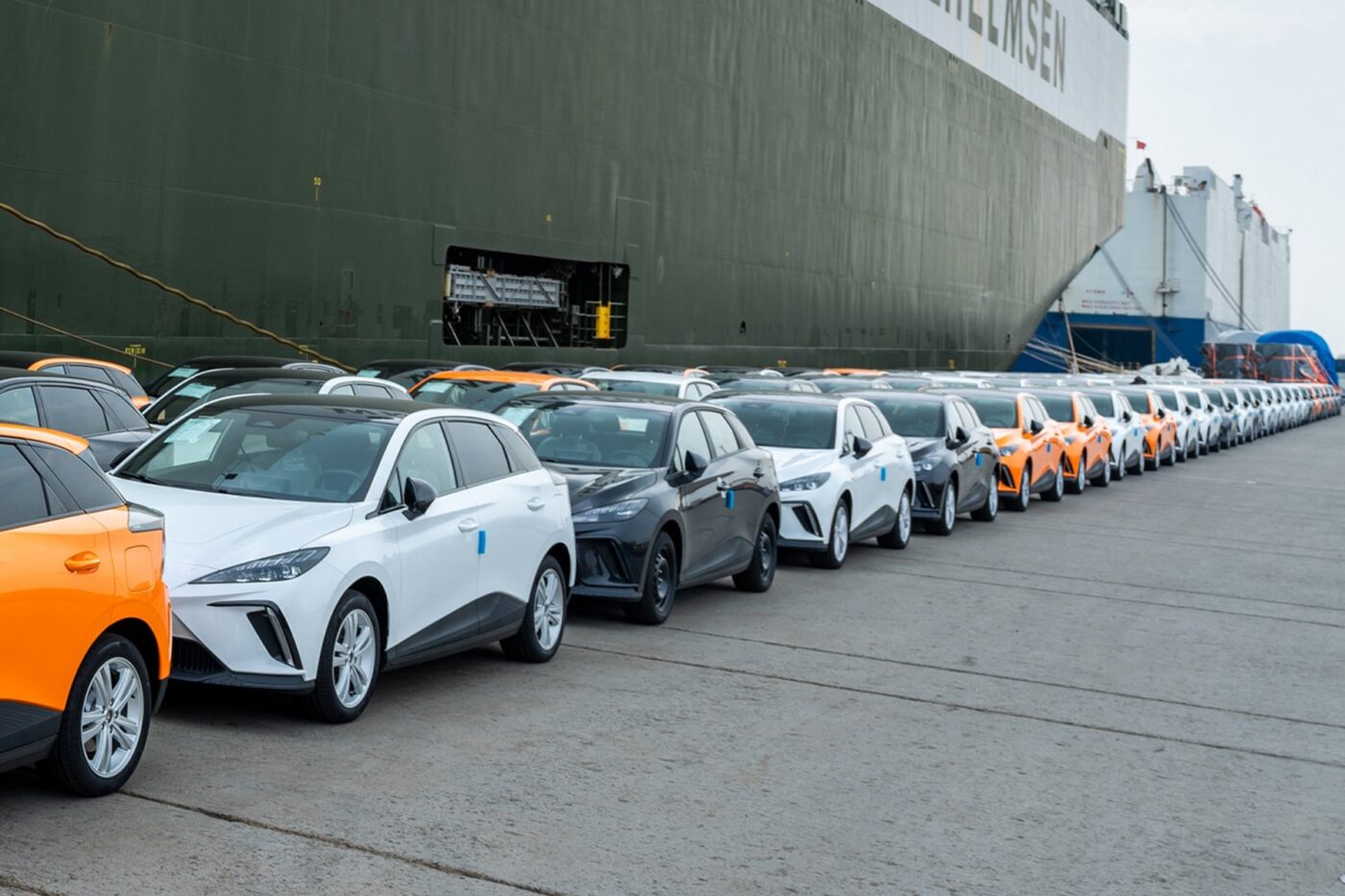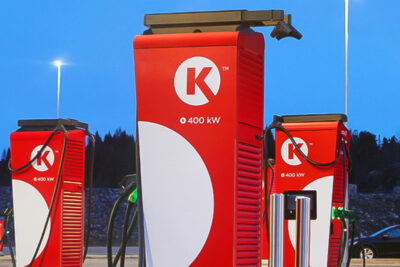Advisory vote shows EU governments are not sure about special tariffs on Chinese EVs
The results of the vote were not made public, but insiders communicated them to media outlets such as Reuters. While it was a non-binding vote, the EU Commission is expected to take the outcome into account when deciding whether or not to pursue the measure any further.
If that is the case, a binding vote would take place in early November. Tariffs would then be officially adopted unless a minimum of 15 member states (or 65 per cent) voted against it. Reuters explains that, if the outcome is similar to that of the advisory vote, the EU Commission would enforce tariffs. However, it is not clear how the eleven abstentions will vote in November – so it could still go either way.
While there is no official communication on the vote, Reuters learned that France, Italy and Spain supported the tariffs, while Germany, Finland and Sweden abstained. Germany apparently did so “in the spirit of critical solidarity with the Commission.”
Just a quick look back: The EU Commission announced special tariffs on electric cars imported from China on 4 July. These are still provisional and will not be enforced until a final vote in November by EU member states. However, if passed, they would apply retroactively to vehicles imported from the beginning of July. The tariffs differ for each carmaker, or depend on whether the manufacturer cooperated with the EU during its investigation of Chinese subsidies or not. The latter, as well as SAIC and SAIC brands, will have to pay the highest rate. They are subject to a special duty of 37.6 per cent, which is on top of the 10 per cent import duties for all vehicles. You can read all the details here.
With the special tariffs, the EU Commission wants to offset an unfair advantage it believes Chinese carmakers have, as they profit from government subsidies in China. That, in turn, allows them to offer their EVs at a lower price in Europe than local competitors. Nevertheless, especially German carmakers have been quite outspoken about the tariffs, asking the Commission to drop them. China is a big market for them, and they fear countermeasures from Beijing. Also, special tariffs in the EU would affect Western carmakers such as Tesla and BMW.
The EU Commission could make an exception
As Reuters reports, citing unnamed insiders, the European Commission seems willing to lower tariffs for BMW and Volkswagen, which were built in China and imported into the EU. Both carmakers currently fall in the category of OEMs that did not cooperate with the EU during the investigation. Meaning they would be subject to tariffs of 37.6% under current plans. Just to be clear: that does not mean that they withheld information or refused to work with EU officials. It simply means that they did not actively participate or were not sampled.
In the case of VW and BMW, the Commission is allegedly willing to classify them as so-called cooperating companies, making them eligible for a 20.8% tariff on their China-made models. The decision is not final but could set a precedent for other carmakers.
And it is not just German carmakers – or EU member states, for that matter – who have spoken out against the tariffs. The new UK government, now led by the Labour Party, said it was “concerned” about the impact special tariffs will have on the industry. The Labour Party wants to restore the 2030 deadline to phase out combustion engines in the UK, but has yet to decide whether to follow the EU and US down the path of imposing special import duties on electric cars made in China.
Moreover, the MG4 was the second most sold EV in the UK last year. As MG Motor is part of SAIC, the cars are subject to the highest special tariffs the EU could impose. It could subsequently make them more expensive in Europe, as well as in the UK.
reuters.com, bnnbloomberg.ca (advisory vote), reuters.com (BMW and VW), bnnbloomberg.ca (UK)





0 Comments